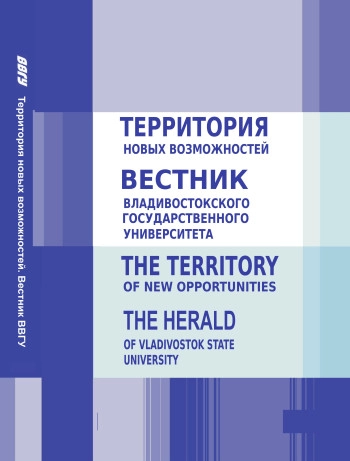Within the general strategy of patriotic education of the younger generation, one of the important issues is the acquisition by young people of basic knowledge of history, especially national history, which will allow them to more consciously interpret the events taking place to- day and understand the weight of the country in the world and its contribution to the develop- ment of modern civilization. The inclusion of practical trainings at sports facilities will contrib- ute to increasing the interest of young people in studying the history of sports and their knowl- edge. Objectives of the work: assessment of the depth of knowledge of 1st year students in the main sections of the history of physical education and sports by means of control testing; as- sessment of the effectiveness of including practical trainings in the educational process of 1st year students within the framework of the academic discipline "Physical Education" from the point of view of improving the knowledge of students. The work used empirical research methods: a pedagogical experiment and student surveys, theoretical research methods: data analysis and comparison and methods of mathematical statistics. According to the results of the final testing at the end of the theoretical course of the discipline "Physical Education", students of the experimental group, for whom practical classes were held instead of theoretical ones, gave 5,2 % more correct answers than students of the control group, the most significant differences between the groups were noted in the sections "Antiquity and Antiquity" (14,8 %) and "Ancient Rus" (6 %). According to the survey data, about 87,2 % of students positively assessed the practice of including practical classes in the theoretical course of the discipline "Physical Education". The novelty and practical significance of the work is the opportunity for students to practically immerse themselves in the culture of different peoples of the world and assess the scope of their sports interests.
students, history of sports, practical trainings.
1. Bogdanov S.V., Voloshinov A.V. Engineering of the Spirit: the Movement of Military-Historical Reconstruction and the Formation of Values of Modern Society. Observatory of Culture. 2014; (6): 30–35.
2. Bozhok N.S. The “Living History” Method as an Innovative Folklore-Ethnographic Component of Historical Reconstruction in the Context of Youth Policy. Innovative Activity. 2013; 2 (25): 162–169.
3. Vodenko K.V. Historical Memory in the Social and Humanitarian Discourse: Diversity of Opinions and Approaches. Bulletin of the South Russian State Technical University (NPI). Series Social and Economic Sciences. 2020; (4): 5–13.
4. Kader A.M. Self-realization of young people in historical reconstruction clubs. Social activity of young people as a necessary condition for the development of society. Proceedings of the international scientific and practical conference. 2019: 161–166.
5. Zhang X. Study on the Visual Reconstruction Path of Historical and Cultural Communication in the Information Age. Applied Mathematics and Nonlinear Sciences. 2024; 9 (1): 1–18.
6. Naumov D.I. Military-historical reconstruction as a tool for forming the historical memory of schoolchildren and students: a philosophical aspect. Bulletin of Polotsk State University. Series E: Pedagogical sciences. 2022; (7): 85–91.
7. Sidorenko A.S. Sports component of the festival of national cultures. Philosophy and Humanities in the Information Society. 2023; 3 (40): 83–90.
8. Sidorenko A.S. National sports within the framework of the "Festival of National Cultures of SUAI 2024". Philosophy and Humanities in the Information Society. 2024; 3 (43): 75–84.
9. Goloshchapov B.R. History of physical education and sports: textbook. manual for students of higher pedagogical educational institutions. Moscow: Publishing center "Academy"; 2001. 312 p.
10. Duperron G.A. Bibliography of sports and physical development; a systematic list of all books, brochures, magazines published in Russia up to and including 1913. St. Petersburg; 1915. 263 p.
11. Sunik A.B. Russian sport and the Olympic movement at the turn of the XIX–XX centuries. Moscow: Sovetsky Sport; 2004. 763 p.
12. Murray G.P., Booth D., Carly Adams C. Routledge Handbook of Sport History. London: Routledge; 2021. 430 p.





